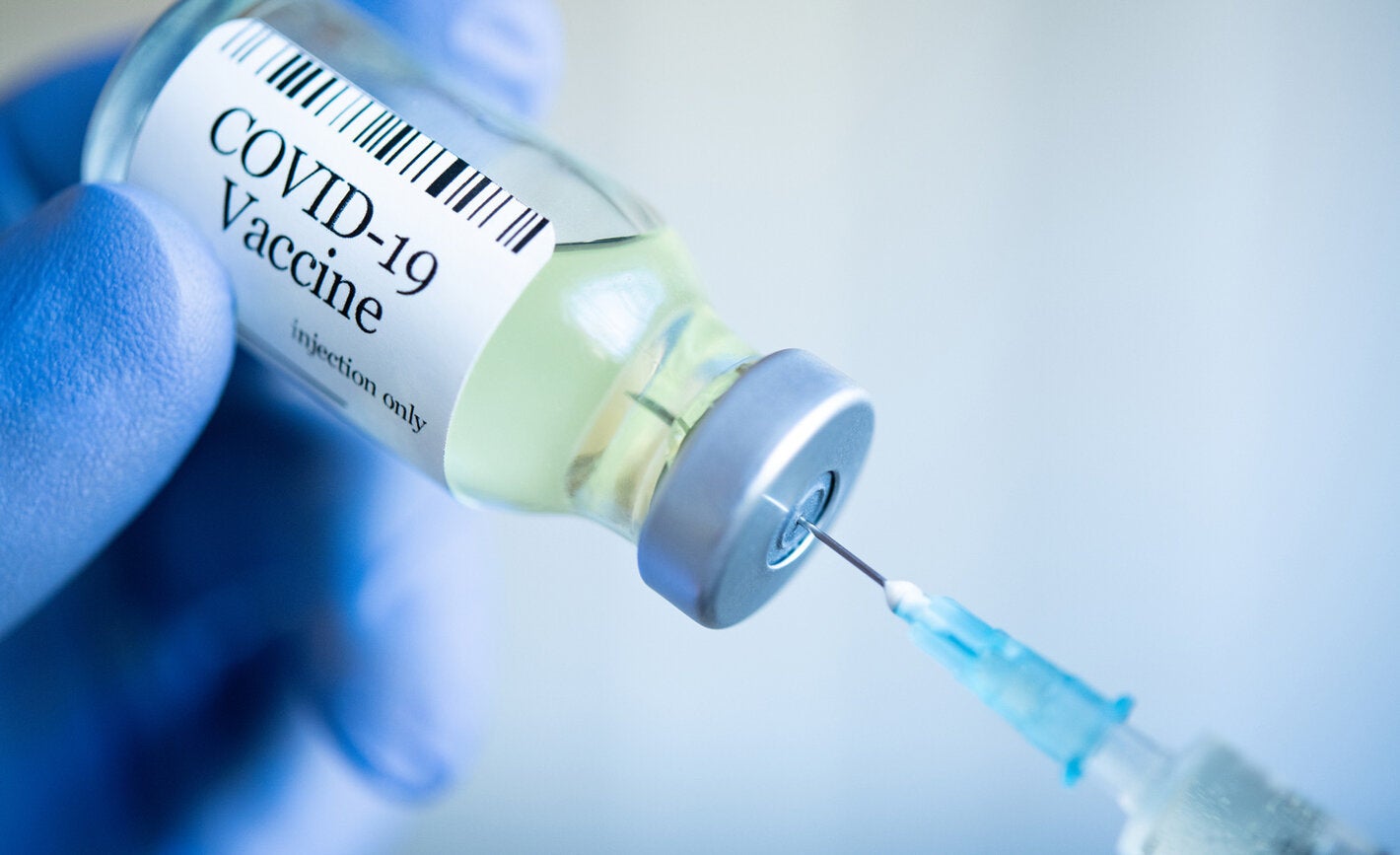Asia Pacific trade ministers debate proposal to remove tariffs for COVID-19 vaccines
Trade ministers from the Pacific Rim discussed ways to build back better from the pandemic in an online meeting Saturday hosted by New Zealand.
The Asia-Pacific Economic Cooperation forum has long focused on dismantling trade barriers. The meeting of its trade ministers was convened virtually, given the travel restrictions prevailing in the region as coronavirus outbreaks flare in many countries still struggling to obtain and deploy enough COVID-19 vaccines.
In a move that could ease delays in delivering vaccines more widely, New Zealand wants APEC’s 21 members to agree on “best practices guidelines” on the movement of vaccines and related medical products across borders. A person familiar with the talks told Reuters. According to the APEC Secretariat, while the average vaccine tariff is very low within APEC (only 0.8 percent), taxes are much higher for several essential goods in the vaccine supply chain. He average tariff on vaccines is a low 0.8 percent. But duties on other products, such as freezing equipment, vials, and alcohol solutions, can be as high as 30 percent for some countries.
Control of vaccine patents also has proven to be a contentious issue.
Much is at stake: beyond potential lives saved or lost, trade-in vaccines and related supplies and equipment were estimated at $418.5 billion in 2019, according to the latest available data, and likely surged in 2020.
“We must ensure that trade plays a role in combatting the worst, continuing effects of COVID-19 through open and unrestricted trade in vaccines, essential medical supplies, and associated products,” said Rachel Taulelei, chair of the APEC Business Advisory Council.
In many countries in the Asia Pacific region, the share of people vaccinated so far is in the low single digits. That includes places like Thailand and Taiwan that initially managed to avoid massive outbreaks but now are contending with their worst flare-ups.
APEC members Japan, South Korea, and New Zealand are ranked among the worst among developed nations in vaccinating their people for COVID-19, below many developing countries such as Brazil and India. Australia is also performing comparatively poorly.
This week, President Joe Biden announced the US would swiftly donate an initial allotment of 25 million doses of surplus vaccine overseas through the United Nations-backed COVAX program, promising infusions for Asia, South, and Central America, Africa, and others.
That would be a substantial and immediate boost to the lagging COVAX effort, which has shared just 76 million doses with impoverished countries to date. While some countries have limited exports of vaccines, chemicals needed to make them, or protective equipment such as surgical masks, it’s unclear whether tariffs and other trade barriers have been the main problem since countries like Japan and New Zealand imposed onerous approval requirements that have slowed vaccinations.
APEC gathers 21 economies along the Pacific Rim, from tiny Brunei to the United States to Chile and New Zealand. One of its long-term aims is to promote a free trade area in the Asia Pacific region. Even though the part is still amid its worst coronavirus outbreaks, Pacific Rim economies are forecast to regain momentum this year, with growth rebounding to more than 6 percent from a 1.9 percent contraction in 2020.


